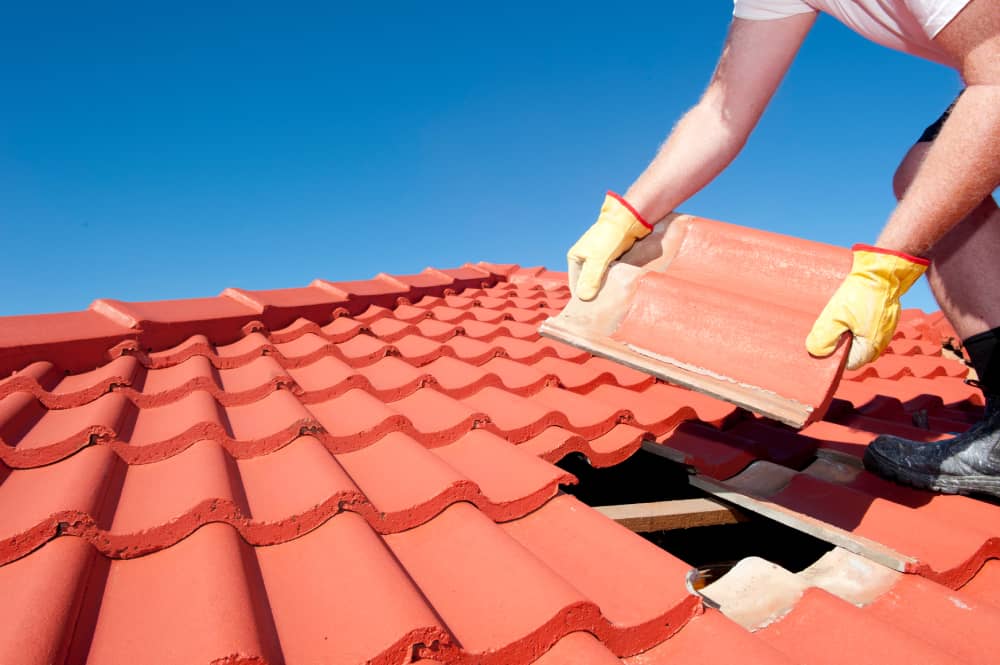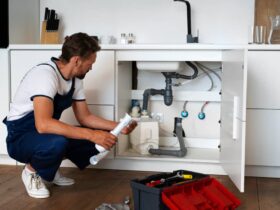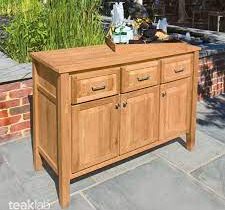As a homeowner, unexpected issues like plumbing problems can arise. If you’ve seen a spike in your usually low water bill but can’t find any visible leaks under sinks or within walls, your home, like many in Las Vegas with concrete slab foundations, may have a slab leak. Identifying and repairing slab leaks can be straightforward when handled by a skilled plumber.
What is a Slab Leak?
A slab leak is a leak in the copper pipes under your concrete slab foundation. Ranging from minor trickles to major cracks, slab leaks require prompt diagnosis and repair to avoid issues beyond a high water bill.
- Improperly built foundation: In newer homes, an improperly laid foundation may lead to slab leaks. Consult a plumber and home inspector for evaluation.
- Earth movement: Earthquakes, soil erosion, and underground waterways can shift the ground, putting pressure on pipes.
- Water corrosion: Extremely hard or soft water can cause pipe corrosion, leading to pinhole leaks and eventually major slab leaks.
- Friction: Pipes rubbing against the concrete foundation can cause leaks. Hot water pipes expanding and contracting can worsen this friction.
- Old homes: Older homes with slab leaks often have a combination of these causes due to aging pipes.
Slab Leak Prevalence:
Slab leaks are common in older homes built on concrete foundation slabs and are widespread across the United States. Skilled plumbers can easily detect and diagnose them.
Slab Leak Warning Signs:
- Wet flooring or carpets
- Mold under carpets
- Higher than the usual water bill
- Running water sounds with all faucets off
- Low water pressure
- Unusually hot spots on the floor
How Bad Is a Slab Leak?
Ignoring a slab leak, even a minor one, is not advisable. Addressing a slab leak promptly is crucial to avoid escalating issues. Slab leaks can lead to mold problems, posing serious health risks for occupants. In extreme cases, a slab leak can cause the home’s foundation to collapse.
Slab Leak Repair Costs:
Repair costs vary based on the extent of pipe damage and the need for new piping. The national average for slab leak repairs is about $2,000, while detection costs range from $150 to $400. These expenses are significantly lower than dealing with a collapsing concrete foundation.
Slab Leak Repair Process:
- Find a reliable plumber to assess your home for a slab leak.
- The plumber will determine the best approach for fixing the slab leak.
- Prioritize detecting and repairing slab leaks quickly to minimize property damage.
FAQs on Slab Leak:
What is a slab leak?
A slab leak occurs when the water or sewer pipes underneath your home’s concrete slab foundation develop a leak or crack, leading to water seepage and potential damage.
What causes slab leaks?
Slab leaks can result from several factors, including improper foundation construction, earth movement, water corrosion, friction between pipes and the foundation, and aging pipes in older homes.
How can I detect a slab leak?
Some common signs of a slab leak include wet flooring or carpets, mold under carpets, higher-than-usual water bills, the sound of running water with all faucets off, low water pressure, and unusually hot spots on the floor.
How much does it cost to repair a slab leak?
The national average for slab leak repairs is about $2,000, while detection costs range from $150 to $400. The total cost depends on the extent of the damage and the required repairs.
How are slab leaks repaired?
A professional plumber will first detect and diagnose the slab leak. Based on the severity and location of the leak, the plumber will recommend the best method for repairing it. This could involve re-piping, pipe lining, or localized repair.
Can I ignore a slab leak?
Ignoring a slab leak is not advisable, as it can lead to serious consequences such as mold growth, structural damage, and even foundation collapse. Addressing a slab leak promptly is crucial to minimize damage and repair costs.
How can I prevent slab leaks?
While you cannot fully prevent slab leaks, you can minimize the risk by maintaining your plumbing system, installing a water softener to reduce pipe corrosion, and scheduling regular plumbing inspections to identify potential issues, early.
Read Also: how to build a retaining wall














